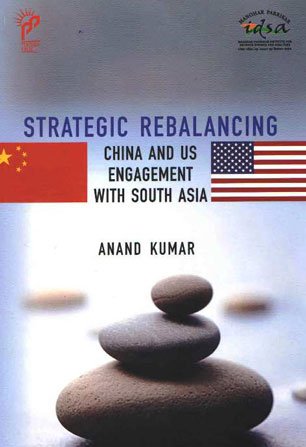TAR brings benefits for Bangladesh
After dilly-dallying for a long period Bangladesh finally signed the Trans-Asian Railway (TAR) network agreement on November 9, 2007 at the UN headquarters in New York. With this 20 of the 28 countries under the network have joined the agreement. India signed the agreement on June 29, 2007. The remaining eight countries have yet to sign citing "procedural" and "technical" reasons, rather than disagreement about the project. Bangladesh failed to sign the agreement earlier as the previous BNP-Jamaat alliance government was undecided on the issue.
- Anand Kumar
- November 28, 2007
















